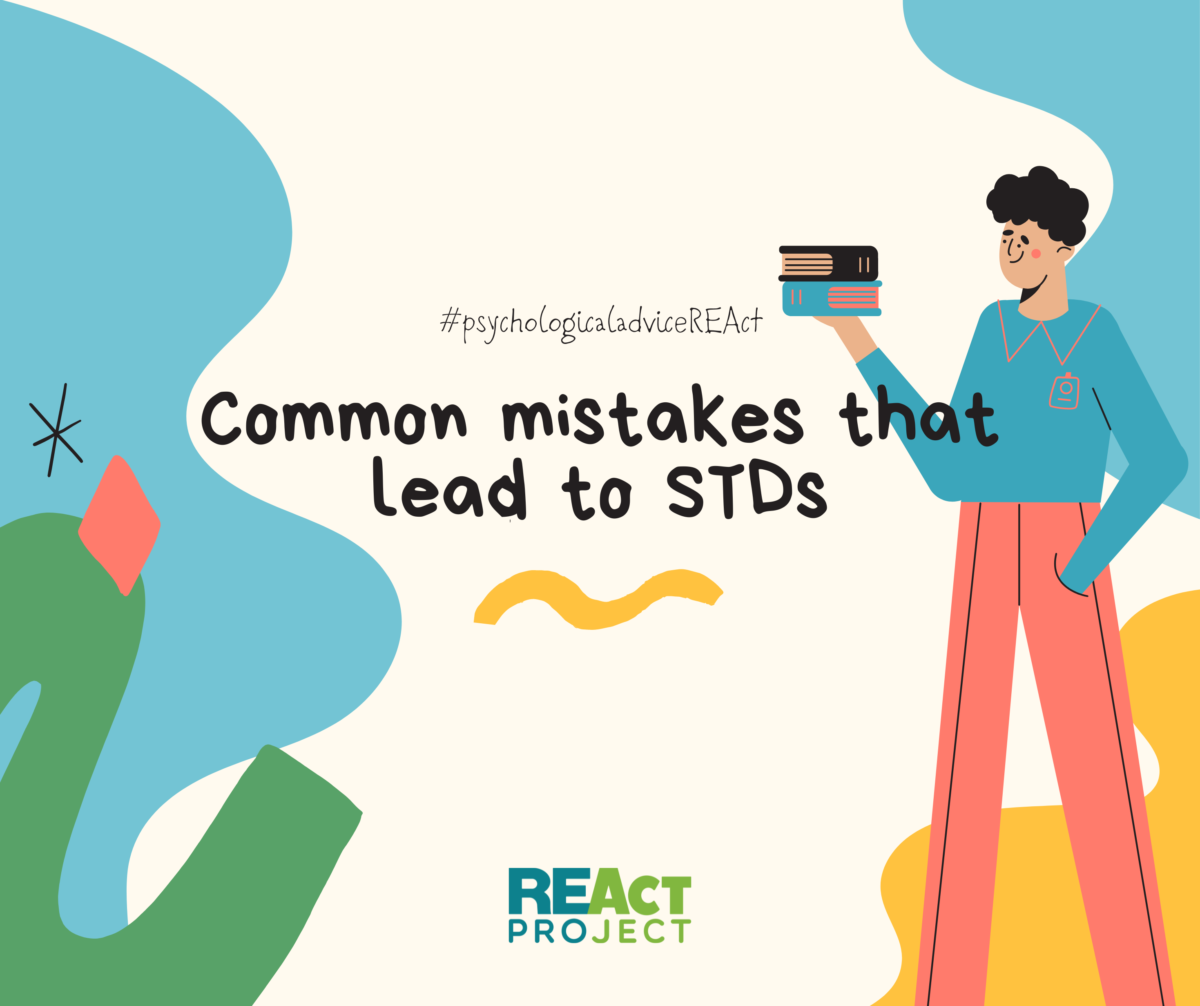1. You used one condom during the transition from one type of sex to another: from oral to vaginal, from anal to vaginal, etc.
This is a very easy way to get, for example, bacterial diseases.
2. You engaged in oral sex without a condom/latex napkin.
Remember: oral sex is also sex! Almost all STDs are transmitted this way.
3. You used one condom with multiple partners during group sex.
In this situation, the condom protected only one person: the one who wore it.
4. You have had skin-to-skin contact with a person with herpes on the lip or papillomas elsewhere on the body.
Herpes and papillomas are always unpleasant, especially on the genitals. Therefore, if a partner with herpes on the lip offers kisses or oral sex, politely refuse.
5. You used someone else’s toothbrush or razor.
Bleeding gums are very common and it’s also easy to cut yourself while shaving, putting you at risk of contracting an STD. Don’t skimp on hygiene products.
6. You used the same towel, and clothes as a person diagnosed with an STD.
Always have your own towel so you don’t read about scabies and pubic lice later on the Internet.
7. You share sex toys.
Sex toys cannot be shared! If you do this, then you can use other people’s “devices” only after they have been thoroughly disinfected with a special disinfectant. After disinfection, be sure to put a condom on the sex toy. So you better start getting your personal intimate toys.
8. During oral sex and anal licking, you can pick up anything by licking.
During oral sex and analingus, there is a risk of infection, for example, with various types of hepatitis.
There is nothing shameful about taking care of your own health. If you are worried about a particular infection or symptoms, do not stay silent and do not wait for the development of the disease complications from it: make an appointment with your family doctor, infectious disease doctor, or gynecologist as soon as possible.
The more truthful you are during this conversation, the more effective the treatment will be.
Remember that it is always easier to prevent infections and diseases than to treat them.
You can call the nationwide HIV/AIDS hotline: 0 800 500 451. Free consultations with infectious disease doctors, psychologists, social workers, and lawyers. You can also get a consultation online:
- website: http://helpme.com.ua/
- telegram: https://t.me/Hotline_HIVTB
- facebook: https://www.facebook.com/HotlineHIVTB/


